How Putin Remade Russia's Economy For War
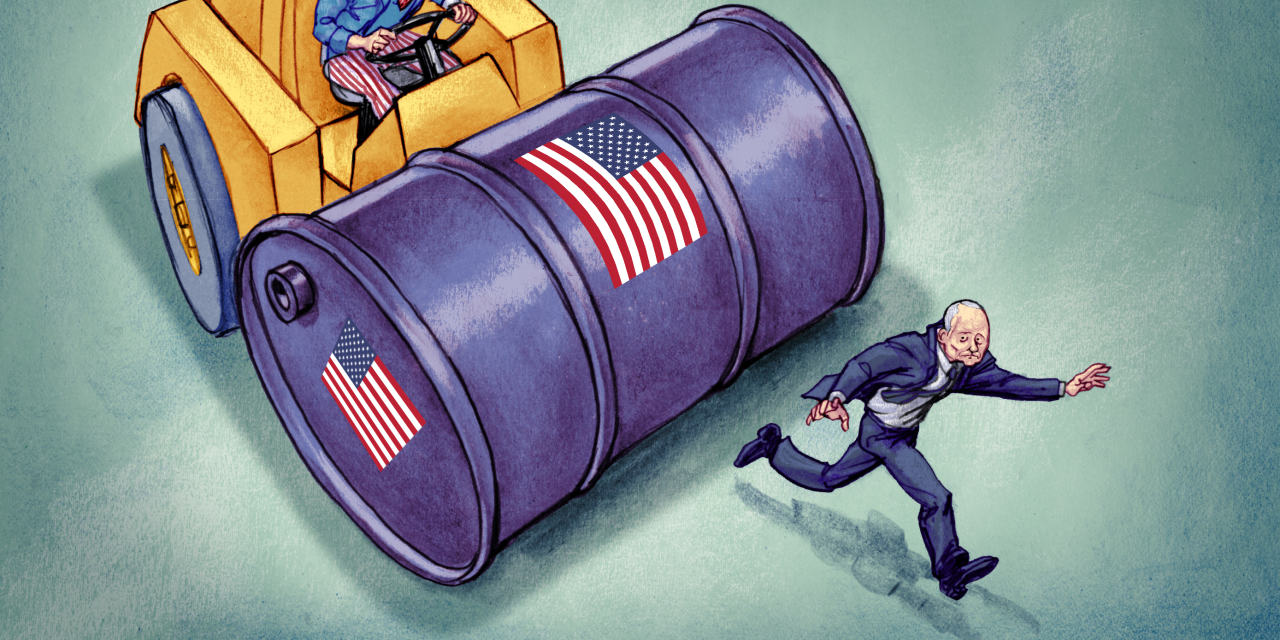
Table of Contents
Centralizing Control and Stifling Opposition
Putin's economic strategy hinges on consolidating state control and suppressing opposition. This involved reducing the influence of oligarchs, who previously held significant economic power, and strengthening the authority of the state over key sectors. Key aspects of this centralization include:
- State Control over Key Industries: Privatization efforts of the post-Soviet era were reversed, with the state reclaiming control over strategic industries like energy, natural resources, and defense production. This ensured that these vital sectors aligned directly with government policy, prioritizing national interests, even if it meant limiting efficiency and innovation.
- Suppression of Dissent: Independent economic activity and critical voices challenging the Kremlin's economic policies faced increasing repression. This created a climate of fear, discouraging innovation and transparency, and solidifying state control.
- Nationalization and Consolidation: Examples include the state's increasing stake in Gazprom and Rosneft, the two largest energy companies in Russia. This strategy, while bolstering state control over resource revenues, limited private investment and competition.
- Impact on Economic Freedom: The increasing centralization dramatically impacted economic freedom and innovation. The lack of transparency and competition stifled development and hindered Russia’s potential for long-term sustainable economic growth. Independent business ventures found themselves at the mercy of political whims, reducing investment and productivity.
Prioritizing the Military-Industrial Complex
A significant hallmark of Putin's economic policy is the dramatic increase in defense spending. This prioritization of the military-industrial complex represents a deliberate shift away from broader economic development.
- Surge in Defense Spending: Defense spending as a percentage of GDP has seen a substantial increase under Putin's leadership, far exceeding the levels considered necessary for national security by many international observers. This significant allocation of resources underscores the Kremlin's determination to maintain a strong military capability.
- Expansion of the Military-Industrial Complex: The Russian military-industrial complex has undergone significant expansion and modernization, resulting in increased production of advanced weaponry and military equipment. This has been driven by both domestic demand and the desire to export advanced weaponry to friendly nations.
- Import Substitution in Defense Technology: Driven by sanctions and the need for technological self-reliance, Russia has actively pursued import substitution in the defense sector. While some progress has been made, significant technological gaps remain, necessitating continued high levels of investment.
- Implications for the Broader Economy: The substantial investment in the military-industrial complex diverts resources from other sectors of the economy, potentially hindering diversification efforts and long-term economic growth. It raises concerns about the opportunity cost of such high military spending.
Exploiting Natural Resources and Energy Dependence
Russia's economy remains heavily reliant on energy exports, particularly oil and gas. This dependence, while generating significant revenue, creates significant economic vulnerabilities.
- Energy Exports as a Primary Revenue Source: Oil and gas exports constitute a substantial portion of Russia's national income. This resource-dependent economy makes Russia particularly susceptible to fluctuations in global commodity prices.
- Shaping Economic Policies and Vulnerabilities: This reliance on energy has shaped economic policy, often leading to a neglect of diversification efforts and a focus on maintaining high energy prices. This dependence makes the Russian economy highly vulnerable to external shocks, such as sanctions or a sudden drop in global energy demand.
- Impact of Western Sanctions: Western sanctions targeting Russia's energy sector have significantly impacted revenue streams, impacting the ruble's exchange rate and contributing to inflation. These sanctions have exposed the inherent risks associated with such a narrow economic base.
- Diversification Failure: Despite repeated attempts at economic diversification, Russia has largely failed to transition away from its over-reliance on natural resources, highlighting the systemic challenge posed by the existing economic model.
The Impact of Sanctions and International Isolation
Successive rounds of Western sanctions have had a significant impact on the Russian economy, although their effect has been less dramatic than initially predicted.
- Impact of Western Sanctions: Sanctions have targeted various sectors, from finance to technology, aiming to cripple the Russian economy and limit its ability to finance its war machine.
- Effects on Inflation, Ruble, and Capital Flight: Sanctions have fueled inflation, impacted the ruble's exchange rate, and triggered some capital flight. However, the effects have been mitigated by factors such as increased domestic demand and government controls.
- Economic Resilience and Coping Mechanisms: The Russian economy has shown surprising resilience to sanctions, adapting through measures such as import substitution, strengthening domestic production, and pivoting towards new trading partners. This resilience, however, is not sustainable in the long term.
- Long-Term Economic Consequences: The long-term economic consequences of international isolation are likely to be significant, hindering growth, technological advancement, and the overall standard of living. Russia's potential to achieve a modern and diversified economy will be seriously hampered.
Conclusion
Putin's economic policies have fundamentally reshaped Russia's economy, prioritizing military spending and consolidating state control. The over-reliance on natural resources and the impact of international sanctions have exposed vulnerabilities in this model. Understanding how Putin remade Russia's economy for war is crucial for comprehending the ongoing geopolitical situation. Further research into the specific mechanisms of this economic transformation is vital to understanding the implications of Russia's military actions and to formulating effective responses to the challenges it presents. Continue exploring the multifaceted impact of Putin's economic policies on Russia and the global landscape.

Featured Posts
-
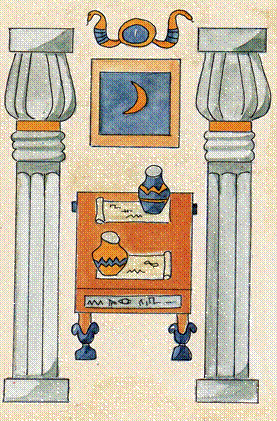 Descifrando Los Arcanos Menores Palos Numeros E Interpretacion
May 29, 2025
Descifrando Los Arcanos Menores Palos Numeros E Interpretacion
May 29, 2025 -
 Celebrity Big Brother Aj Odudu Breaks Silence On Mickey Rourkes Remarks
May 29, 2025
Celebrity Big Brother Aj Odudu Breaks Silence On Mickey Rourkes Remarks
May 29, 2025 -
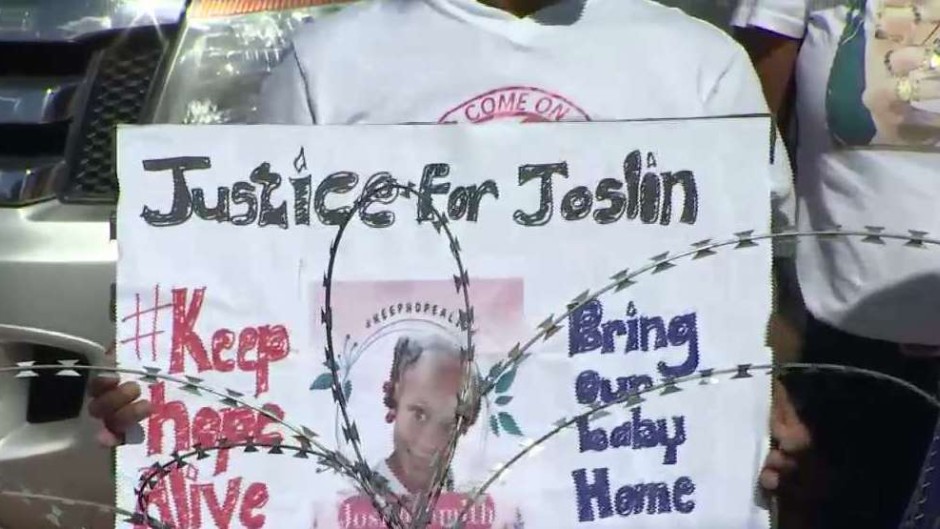 Kelly Smith Implicated Explosive Response In Joshlin Case
May 29, 2025
Kelly Smith Implicated Explosive Response In Joshlin Case
May 29, 2025 -
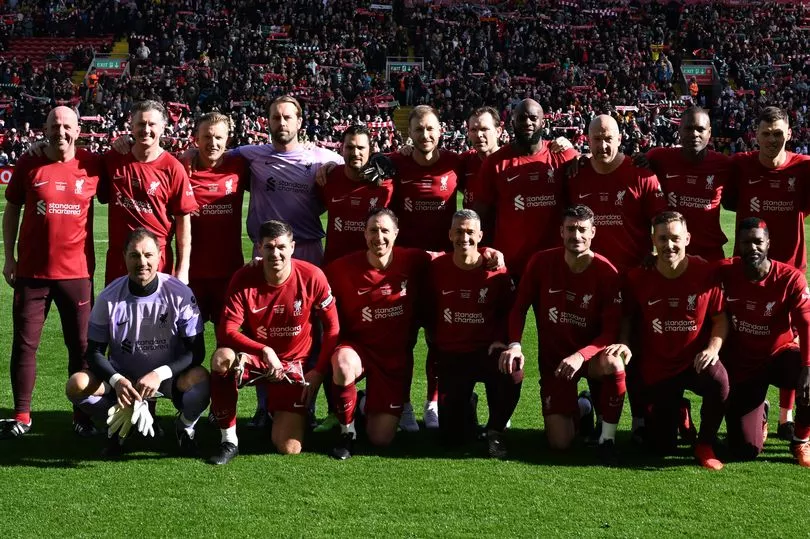 Confirmed Full Liverpool Legends Squad For Anfield Charity Game
May 29, 2025
Confirmed Full Liverpool Legends Squad For Anfield Charity Game
May 29, 2025 -
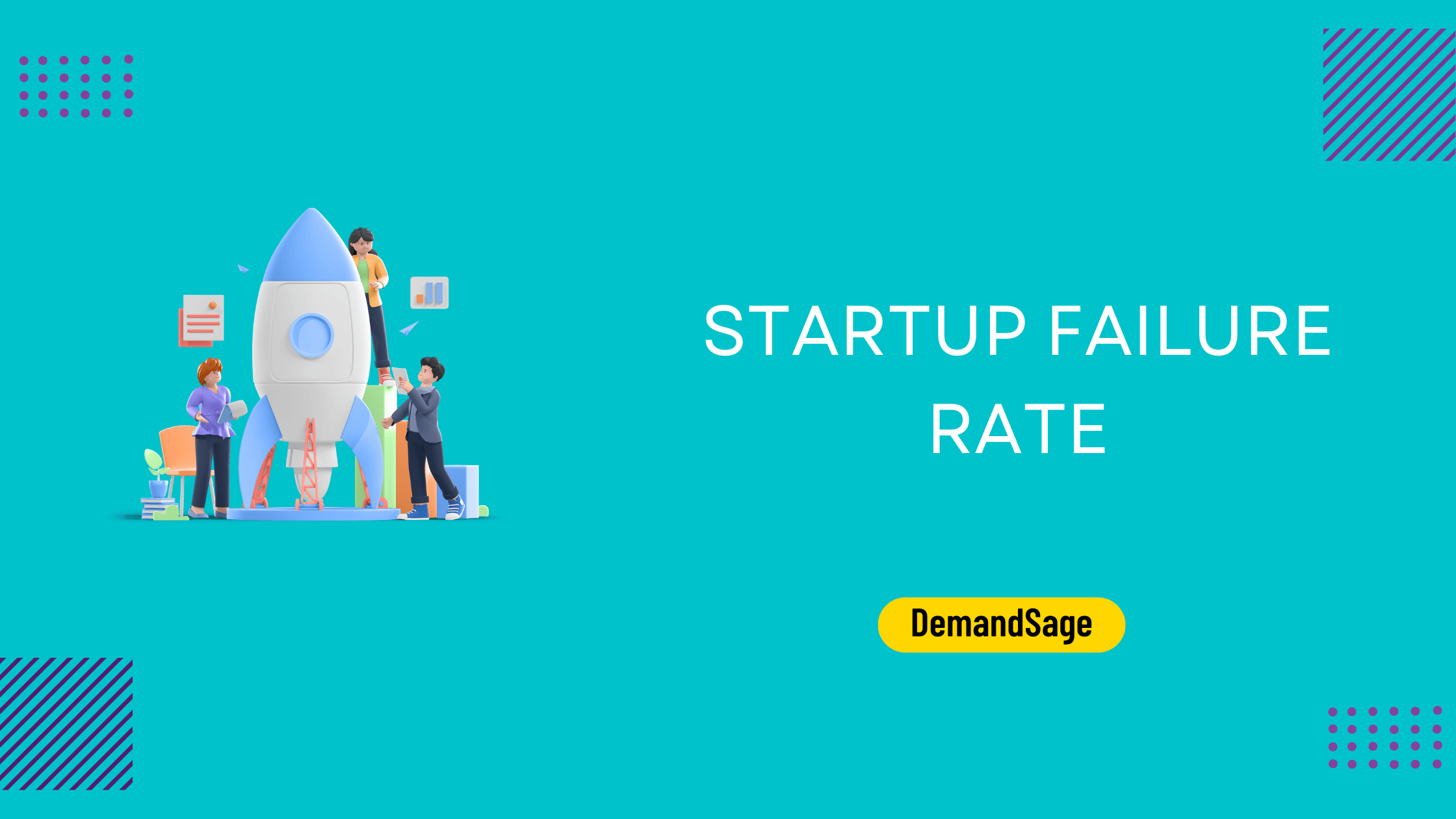 Understanding Food Startup Failure Key Challenges And Solutions
May 29, 2025
Understanding Food Startup Failure Key Challenges And Solutions
May 29, 2025
Latest Posts
-
 Lower Than Expected Q Quarter Earnings For Rbc What It Means For Investors
May 31, 2025
Lower Than Expected Q Quarter Earnings For Rbc What It Means For Investors
May 31, 2025 -
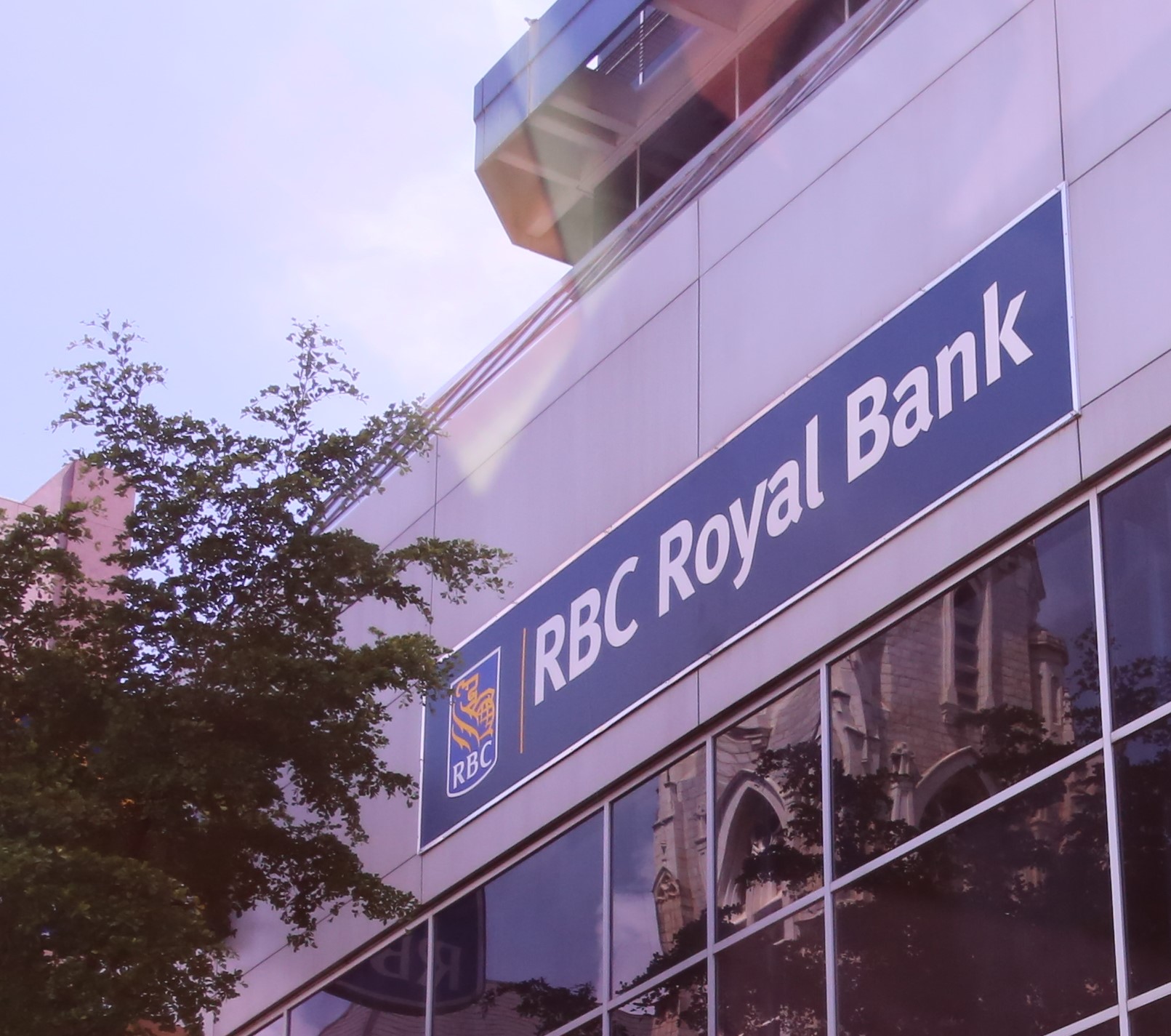 Royal Bank Of Canada Rbc Earnings Report And Future Loan Prospects
May 31, 2025
Royal Bank Of Canada Rbc Earnings Report And Future Loan Prospects
May 31, 2025 -
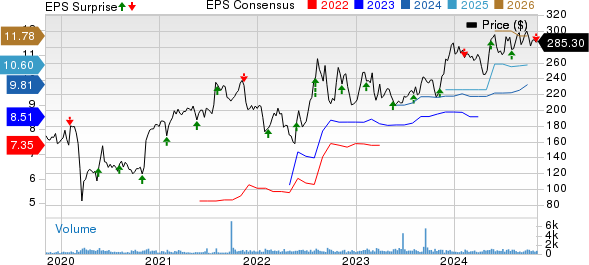 Rbcs Earnings Miss A Deeper Look At The Banks Financial Health
May 31, 2025
Rbcs Earnings Miss A Deeper Look At The Banks Financial Health
May 31, 2025 -
 Analysis Of Rbcs Lower Than Expected Earnings Announcement
May 31, 2025
Analysis Of Rbcs Lower Than Expected Earnings Announcement
May 31, 2025 -
 Find Your Dream Item 2025 Love Moto Stop Cancer Auction
May 31, 2025
Find Your Dream Item 2025 Love Moto Stop Cancer Auction
May 31, 2025
